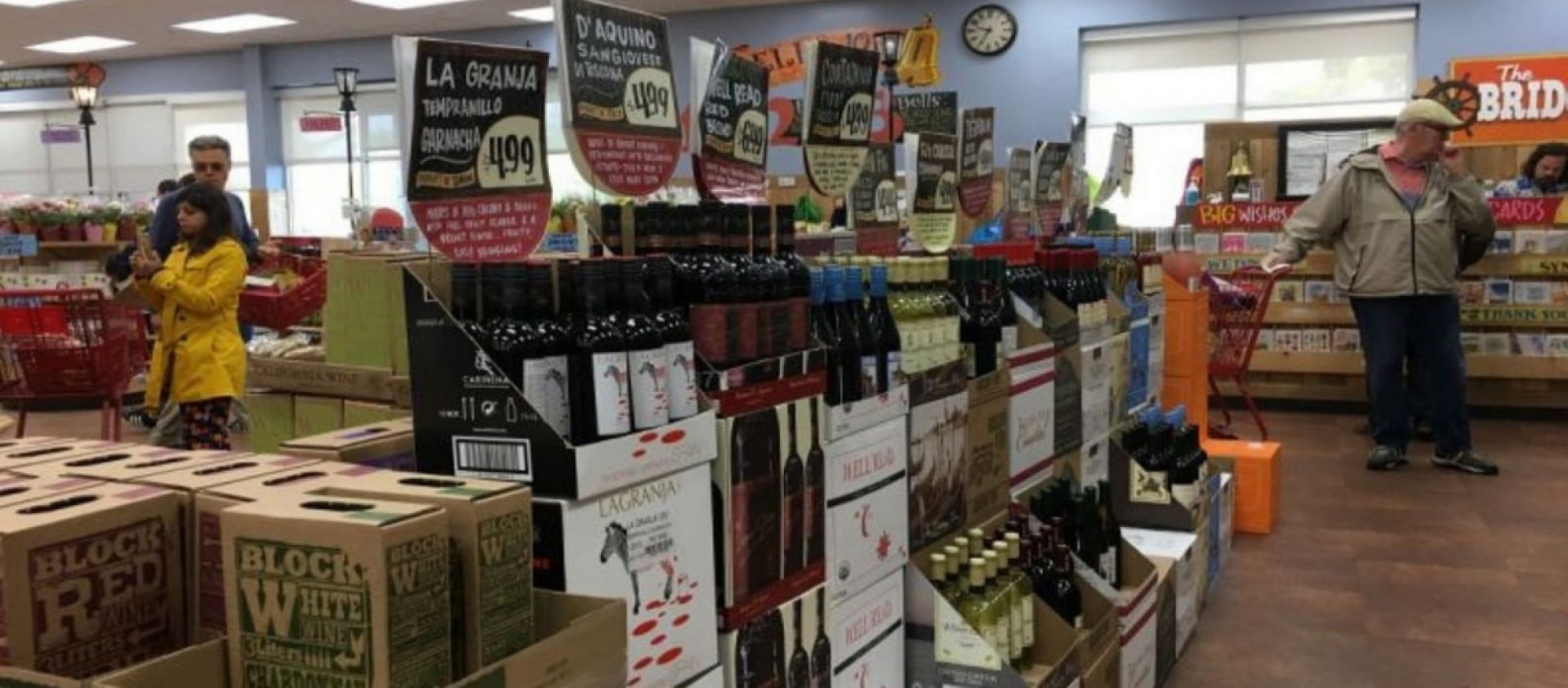
Videos
Opportunities for Smaller Wine Brands Amidst Wholesaler Consolidation
The dramatic consolidation of wine and spirits wholesalers in the U.S. market represents a potential opportunity for smaller wine brands.
At the Conference Sessions for USATT, held at the Metropolitan Pavilion in March 2016, there was a Panel that comprised of Jim Ryan, SVP of the beer division of Constellation Brands, Giacomo Turone, VP of wine and spirits importer Palm Bay International and Scott Ades, CEO of The Winebow Group. They were asked questions relevant to the attending audience comprising of distributors, importers, retailers and producers of alcoholic beverages. Please read below, one of the questions that was put forth to the panel and their answers.
QUESTION: “There has been a major consolidation of wholesalers in the U.S. market. What does that mean for smaller brands? Where are the opportunities?”
The dramatic consolidation of wine and spirits wholesalers in the U.S. market represents a potential opportunity for smaller wine brands. This consolidation is only impacting the top end of the market, leaving the rest of the market full of opportunities for smaller brands and smaller distributors to work together. In short, as the biggest wholesalers get even bigger, they have less time to devote to smaller brands. That will force smaller brands to search out smaller distributors and wholesalers and find their own market niche, according to participants at a recent panel discussion at the USATT Conference 2016. Scott Ades, CEO of The Winebow Group, suggested that consolidation, on the surface, is “not good news for small brands.” In a market where only big distributors exist, it would appear to make it much harder for smaller brands to break into the market. But that ignores what’s really happening: the biggest distributors are only focusing on the biggest brands, and that’s leaving a number of opportunities available for smaller brands. For the rest of the market – the small wholesalers – it might actually be good news.
Jim Ryan, a SVP with the beer division of Constellation Brands, agrees. From his perspective, the same trends that we’re seeing in the wine and spirits industry have already been observable in the beer industry. Constellation, for example, only has 7 beer brands in its portfolio. And even that 7th brand in the portfolio is not going to be getting as much attention as it deserves. The big distributors and wholesalers don’t have time to build a huge portfolio. With the rise of craft brewing movement and so many smaller, new breweries, there’s room for these smaller brands to work with smaller distributors to get to market, Ryan says. And the market is fully capable of supporting “all the beers” that brewers are capable of making. The craft beer movement continues to accelerate, and there are now 4,300 craft breweries across the nation. There are two new ones opening every day. So consolidation obviously hasn’t hurt these smaller brands.
Yet, Ryan admits that smaller brands still need to have a quality product and a reasonable plan for getting to market. But if you have passion and commitment, it’s possible to break into the marketplace and reach the consumer. Giacomo Turone, a VP with the wine and spirits importer Palm Bay International, also sees consolidation as opening up more opportunities for smaller brands. Right now, the big distributors are too concerned with segmenting their sales forces and becoming more efficient through specialization. So, while they may not be interested in adding smaller brands to their portfolio, they’re also not in a position to stop smaller distributors from working with these brands. At the end of the day, there are still plenty of opportunities for smaller brands despite consolidation among distributors and importers. Smaller brands just have to focus on telling their story to distributors, and showing the passion and commitment that they have for creating the very best product. If they can do that, they can find distribution in the marketplace.
Hear the answer to this question at 18:12 minutes
Event Producer: Beverage Trade Network
USA Trade Tasting is brought to you by Beverage Trade Network, the leading online platform dedicated to connecting the global beverage industry. Beverage Trade Network (BTN) successfully connects wineries, breweries, distilleries and brand owners with international importers, distributors, brokers and beverage industry professionals on a daily basis. Strong partnerships with international and US organizations have helped BTN establish USA Trade Tasting as a premiere sales and marketing event committed to connecting the beverage industry.

Become a USATT exhibitor and grow your distribution in the USA. Meet importers, distributors, retailers and press. Get exhibitor information by USATT Team.

